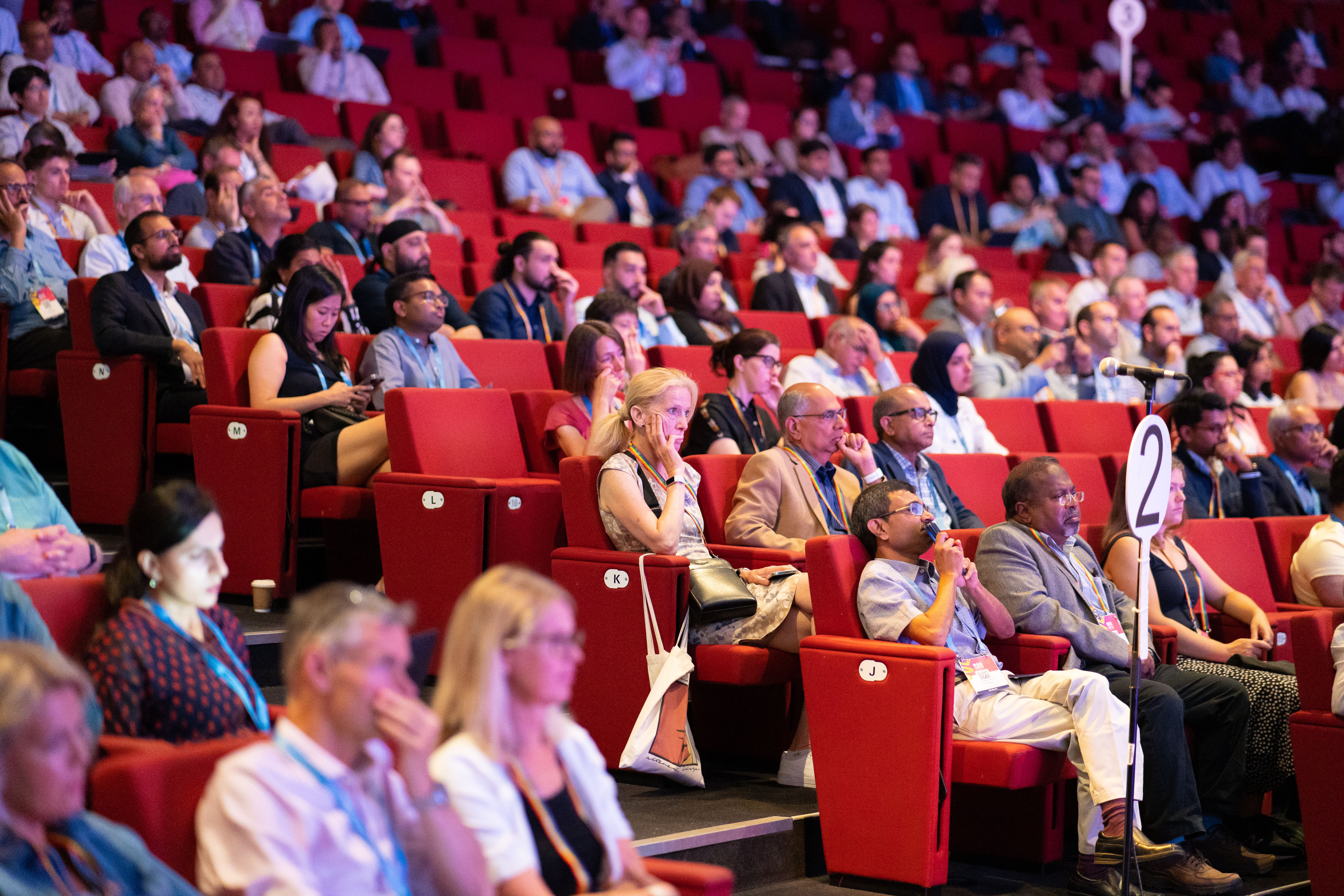
BSG has over four thousand members drawn from the ranks of physicians, surgeons, pathologists, radiologists, scientists, nurses, dietitians, and others interested in the field.
Founded in 1937 it has grown from a club to be a major force in British medicine, with representation within the British Royal Colleges and consequently the Department of Health and Government.
About the British Society of Gastroenterology
The British Society of Gastroenterology (BSG) is a professional organisation dedicated to advancing the study and practice of gastroenterology and hepatology. Founded in 1937, the BSG represents a diverse range of professionals including physicians, surgeons, pathologists, radiologists, scientists, nurses, and dietitians who work in digestive health. The society develops evidence-based guidelines to support high-quality patient care across a range of gastrointestinal conditions and promotes research in gastroenterology and hepatology. The BSG co-owns three journals: Gut, Frontline Gastroenterology, and BMJ Open Gastroenterology, and provides continuing professional development through an annual scientific conference, and other events, webinars, and online resources. The BSG also works closely with training bodies to shape the UK gastroenterology training curriculum, and collaborates with societies and other groups internationally.
While the Society exists for the promotion of the discipline it is not itself able to provide medical advice or to recommend individual practitioners. Prospective patients are advised to consult their own medical advisers for medical advice.
Governance
The Executive Committee is responsible for the day to day running of the Society and is supported by the BSG Office. The role of elected council members is to ensure good governance and to ensure that members’ views are considered in any decisions. The Council is assisted by five higher committees, and fifteen section committees.
The role of the Board of Trustees is to ensure good governance, and adherence to the rules of the Charity Commission. The Board of Trustees comprises both medical and lay trustees.
Positions within BSG committees are filled through an election, or for senior officer posts, through competitive interviews. Learn more about the governance, strategy and structure of the BSG through the links below.
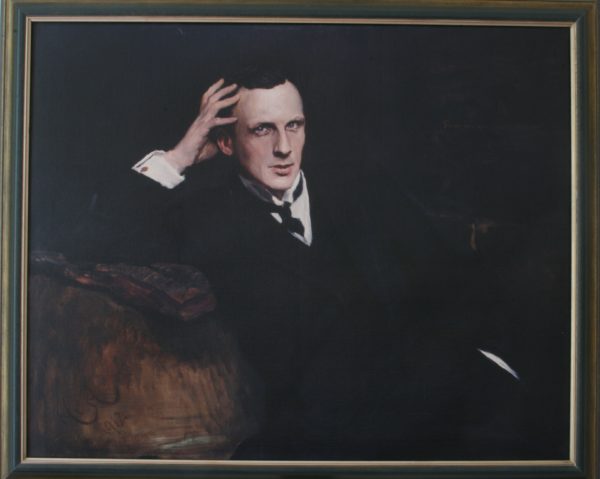
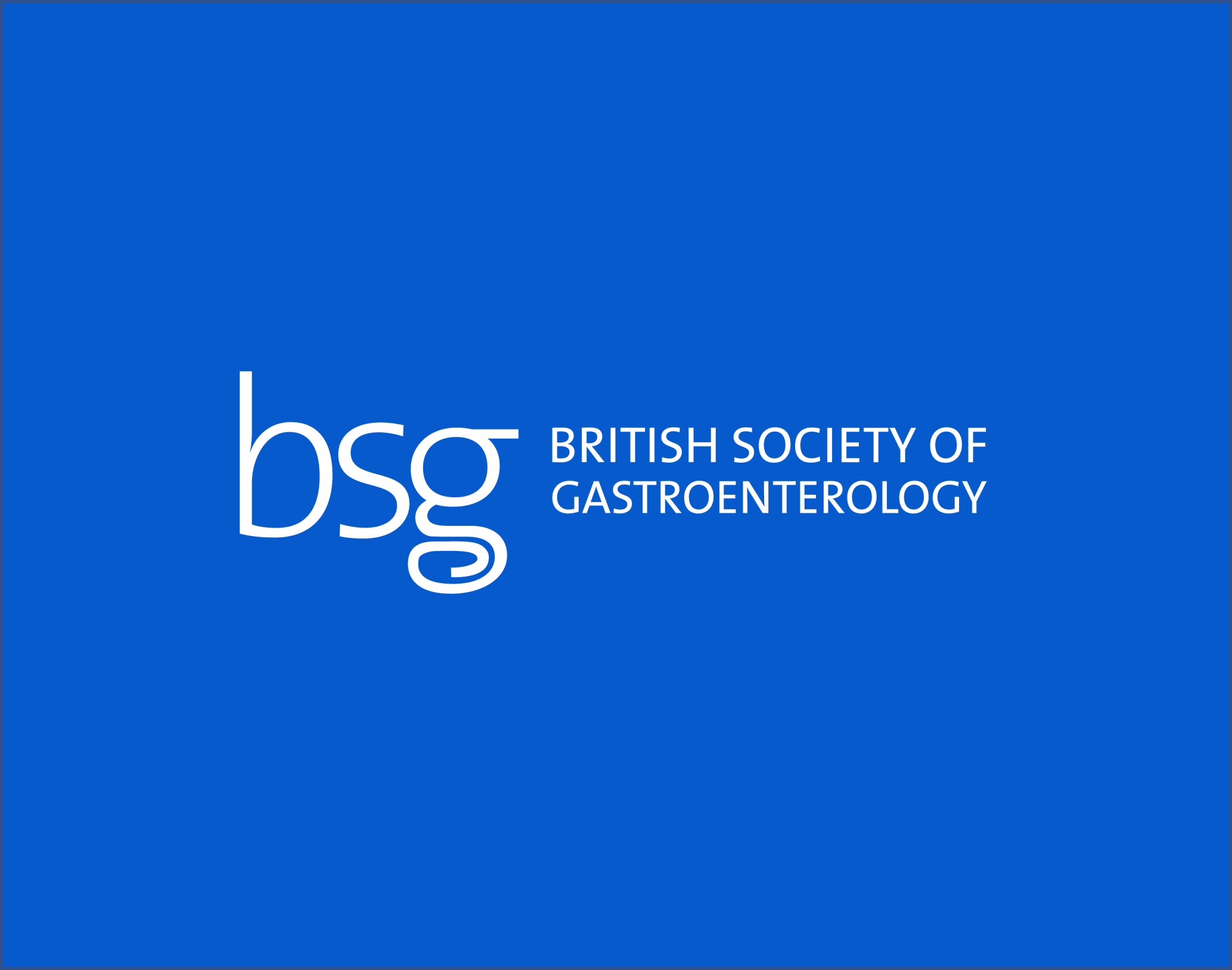
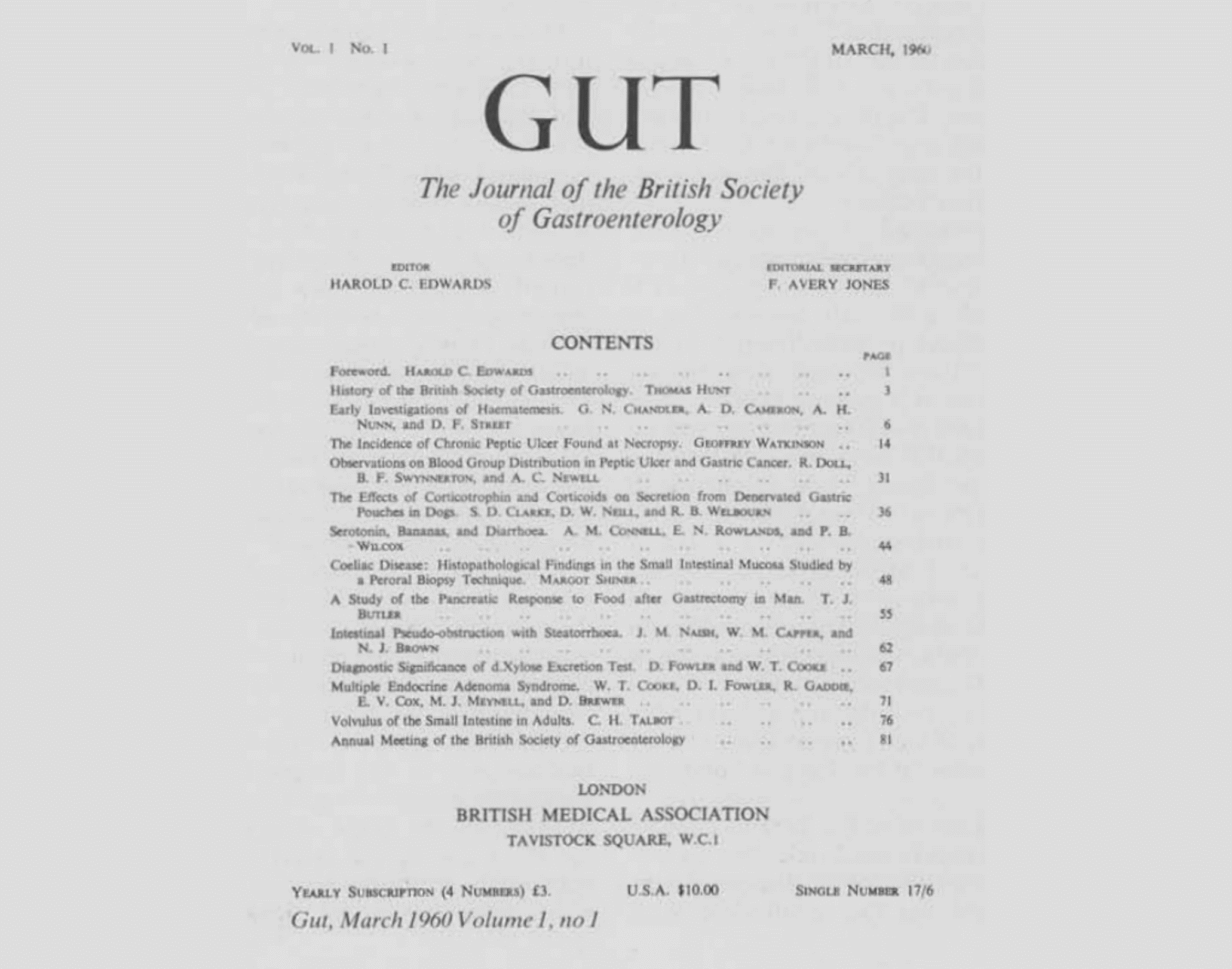
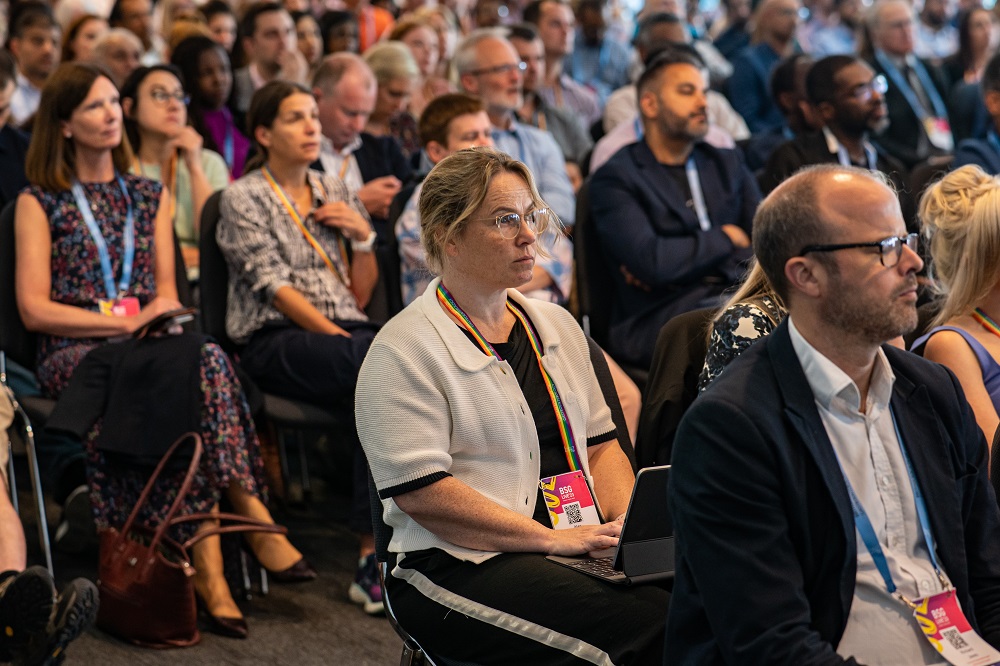.jpg?width=1000&height=666&ext=.jpg)